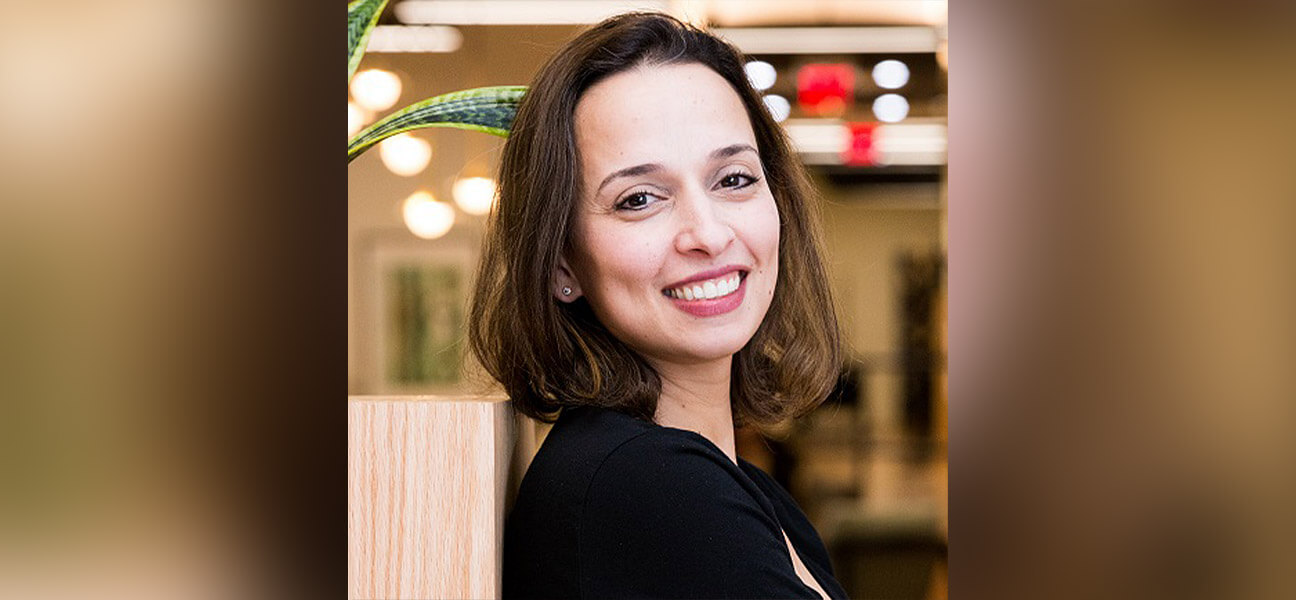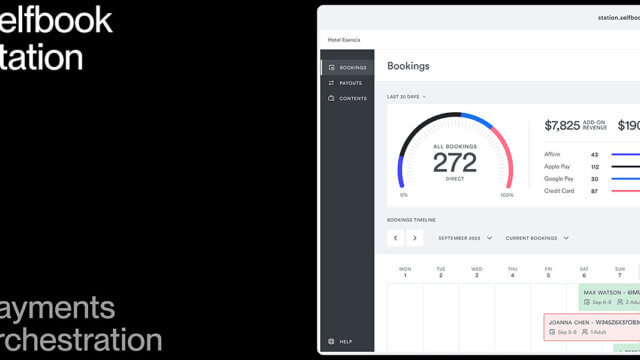The hospitality industry is ripe for technological advances. Since the industry is labor-intensive, technology can help automate many of the industry’s jobs.
In addition, technology can help mitigate many safety hazards in the hospitality industry. For example, restaurants can use gas detectors to alert them of gas leaks, and hotels can use security cameras to deter crime. This article will discuss several technologies that can improve workplace safety in the hospitality industry.
Automatic door closers
One of the most common safety hazards in the hospitality industry is doors that are left open, which can be a security and fire hazard. Automatic door closers can help mitigate this hazard by automatically closing doors left open. They work because they are mounted on the door and have a sensor that detects when the door is open.
When doors close automatically after opening, this not only helps improve security but will also help to improve fire safety, allowing for better containment of fires.
Recent technological improvements have developed battery-operated door closers suitable for all types of doors, including fire doors. In the future, all doors in the hospitality industry will likely have automatic door closers installed.
Automatic locking doors
Another safety hazard common in the hospitality industry is unlocked doors, which can be a security hazard. Automatic locking doors can help mitigate this hazard by automatically locking doors that are left unlocked.
More advanced systems incorporate security cameras that identify individuals that try to enter through an unlocked door.
Hotel panic buttons
Hotel panic buttons are another technology that staff can use to improve hotel safety. There are two types of panic buttons available for installation. The first is a workplace panic button for hotel workers, which hotel employees wear. When the employee presses the panic button, it sends a signal to the hotel security system, dispatching security personnel to the employee’s location.
Geo-location-based panic buttons use sensor technology to send the location of the employee in need of help. It’s critical to know the exact location of the employee if they’re lost or injured in a remote area of the property.
The second type of panic button is a duress alarm installed in hotel rooms. When a guest presses the panic button, it sends a signal to the hotel security system, dispatching security personnel to the guest’s location. These are rarely used due to the propensity for false alarms and overall ineffectiveness.
Gas detectors
Gas detectors can improve restaurant safety because once installed, the gas detector continuously monitors the air for gas leaks. Many restaurants already have gas leak detectors.
Recent technological improvements have made gas detectors even more sensitive, making them more effective at detecting gas leaks. They are able to automatically shut off the gas supply in case of a gas leak since the detectors can connect to it.
Smoke detectors
Smoke detectors are already a common type of technology in the hospitality industry. Some of the more advanced systems are able to automatically shut off the power in the event of fire since the detectors will connect to the power supply.
In most cases, they link to fire suppression (sprinkler) systems, which automatically dispense fire retardants when a fire is detected. These systems are already standard in most commercial buildings, including restaurants and hotels.
Future improvements in these systems might consist of more sophisticated sensors that can detect the size and location of a fire and the type of fire.
CCTV
Many hotels and restaurants already use closed-circuit television (CCTV) for security purposes. However, future technology improvements may make CCTV cameras more sophisticated, making them more effective at deterring crime and catching criminals. In addition, security personnel may use CCTV footage to help investigate crimes that someone has committed.
For example, if someone commits a crime in a hotel, security staff from the hotel could use the CCTV footage to help identify the perpetrator. In addition, CCTV cameras may link to security systems, which would automatically dispatch security personnel to the camera’s location if it detects suspicious activity.
Body cameras
The hotel industry is moving toward the use of body cameras because of their many benefits. Body cameras are wearable cameras that security personnel typically wear to record video and audio continuously.
The footage is then stored on a server that hotel security personnel can access. Body cameras provide many benefits, such as deterring crime, catching criminals and helping to investigate crimes.
In addition, they can also help to improve customer service by providing a record of interactions between hotel employees and guests. Newer body cameras could be equipped with facial recognition software, allowing them to identify guests and employees automatically.
Contactless technologies
Online check-in, mobile check-in and keyless entries not only make for a better guest experience, but there is also a level of safety and security when in-person interactions are limited. Contactless technology assists guests at the click of a button, on the guest’s terms and at their convenience. Does the guest have a question? Eliminate face-to-face interactions and the possibility of the question going unanswered during a shift change through digitizing software and contactless technologies.
Conclusion
The technologies described in this article are just a few of the many available technologies to improve safety in the hospitality industry.
Gas and smoke detectors, CCTV and body cameras are a few available options. When choosing the right technology for your hotel or restaurant, it is essential to consider your specific needs. For example, gas detectors might be a good choice for a restaurant, while body cameras might be better for a hotel.
No matter what type of technology you choose, it is essential to ensure proper installation and use to improve workplace safety.
Yasmine Mustafa is the CEO/cofounder of ROAR, a technology company dedicated to cultivating safer workplaces.
This is a contributed piece to Hotel Business, authored by an industry professional. The thoughts expressed are the perspective of the bylined individual.




